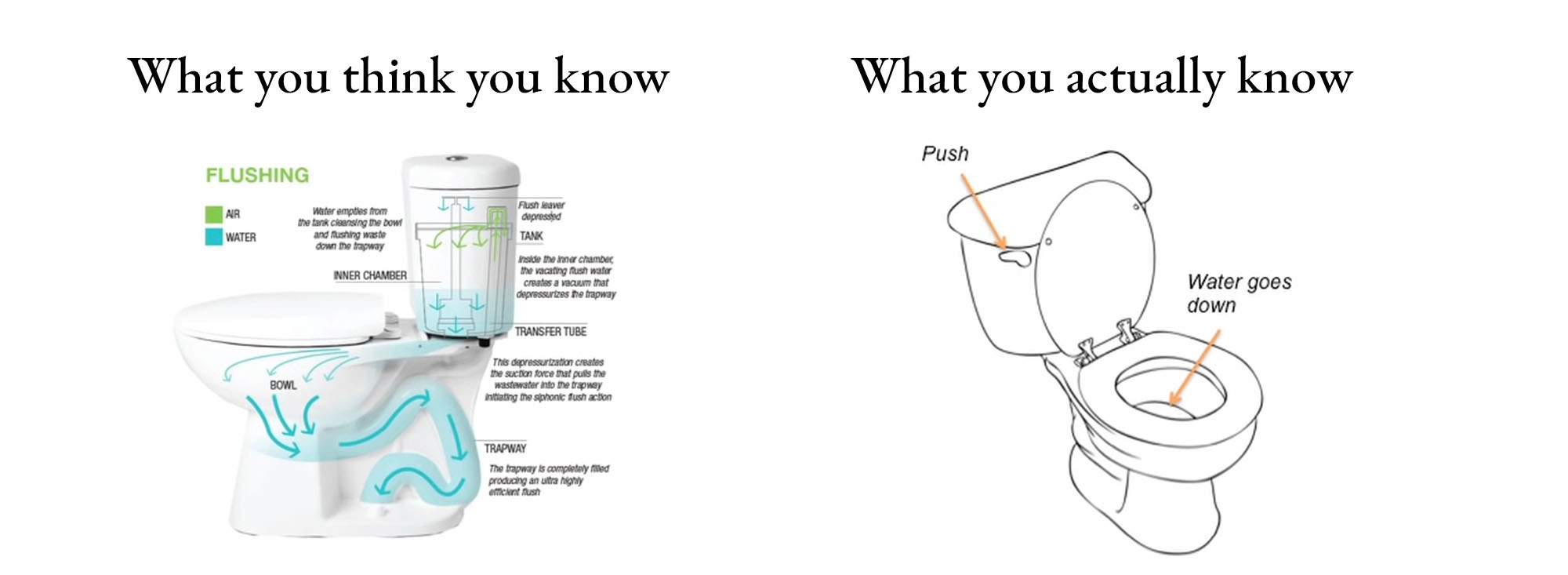A new PLOS One study coined this term to describe people’s strong tendency to believe they always have enough data to make an informed decision – regardless of what information they actually have.
In the study, participants responded to a hypothetical scenario in which control participants were given full information and treatment participants were given about half the information (about a water issue involving a school). The study found that treatment participants believed they had comparably adequate information and were equally competent to make thoughtful decisions based on that information.
In essence, the study shows that people assume they have enough information – even when they lack half of the relevant information. This can be extended to data science, where it is often assumed that the data at hand is sufficient to make decisions, even though assumptions fill in the gaps between data and models (implicitly or explicitly), leading to decisions. We briefly discuss this idea of data centricity at datacentricity.org (and more to come).
Image courtesy of learningrabbithole.com.
